Conventional Cleaning Products
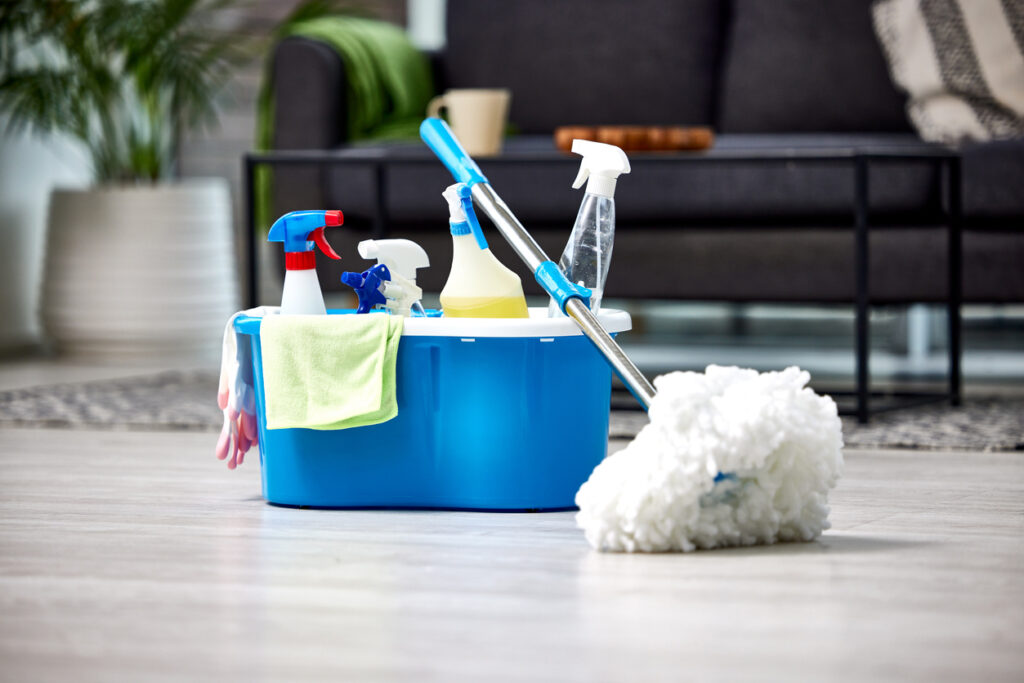
According Environmental Protection Agency. Commercial cleaning products frequently contain ammonia, chlorine, and phthalates, which can cause headaches, skin irritation, and, with long-term exposure, even disrupt hormone levels. Even products labeled as “green” or “eco-friendly” may still contain questionable ingredients unless they are third-party certified. Switching to natural cleaning alternatives like Vinegar, baking soda, and castile soap can be just as effective. And, If you prefer store-bought cleaners, look for products certified by trusted organizations like the Environmental Working Group (EWG) or the EPA’s Safer Choice program. Making your own DIY cleaners is another great option. Source: epa.gov
Non-Stick Cookware

Non-stick cookware might make cooking and cleanup easier, but the convenience comes at a cost. Many non-stick pans are coated with perfluorinated chemicals (PFCs) such as polytetrafluoroethylene (PTFE), commonly known as Teflon according to research. When heated above 500°F, these coatings break down and release toxic fumes, which can cause flu-like symptoms in humans and even be fatal to pet birds. Long-term exposure to PFCs has been linked to cancer, immune system suppression, and hormone disruption. The best alternative to non-stick cookware is cast iron, which, when properly seasoned, becomes naturally non-stick over time. And if you still prefer a non-stick surface, look for brands that explicitly state they are PFOA- and PTFE-free. Source: onepartsunshine.com
Plastic Food Containers
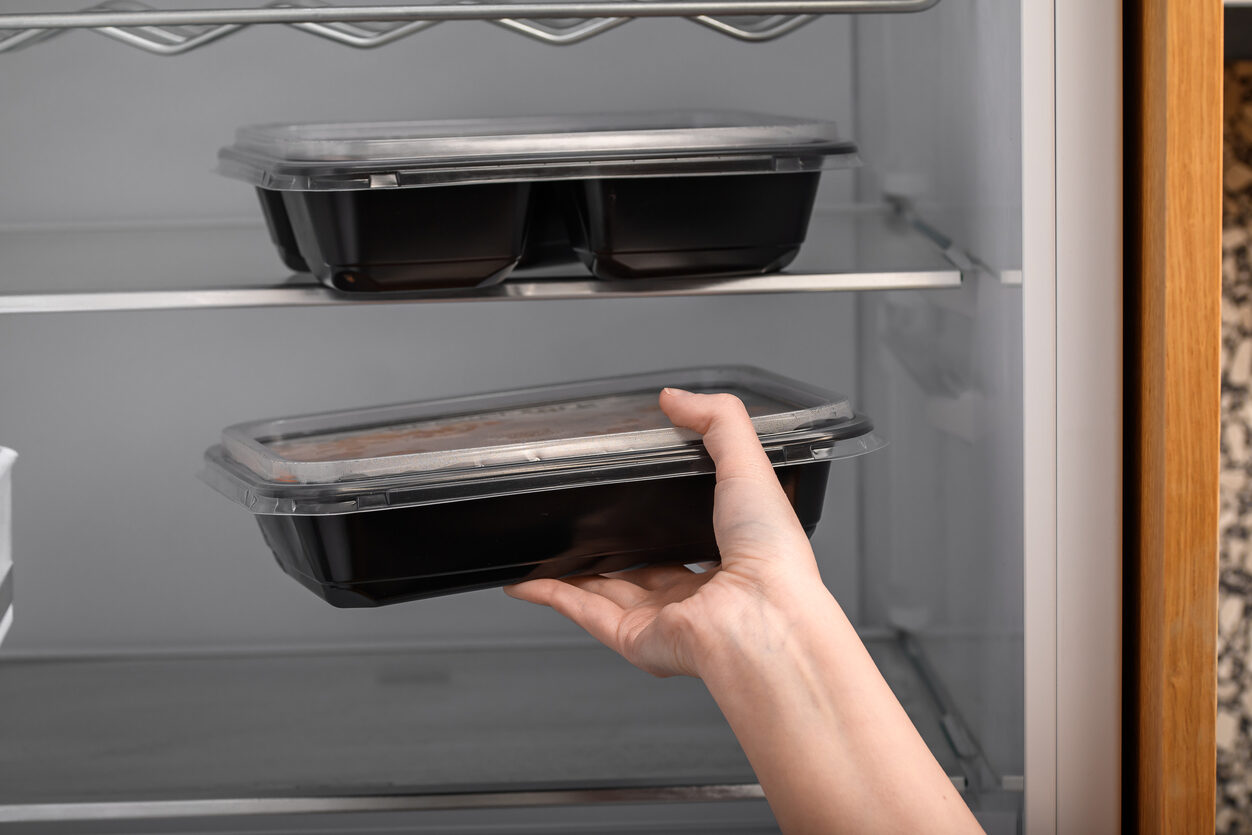
Many plastic containers contain bisphenol A (BPA) and phthalates, both of which are endocrine disruptors according to studies. These chemicals mimic estrogen in the body, leading to hormonal imbalances that may increase the risk of fertility issues, developmental problems in children, and even certain cancers. Unfortunately, even “BPA-free” plastics may not be entirely safe, as manufacturers often replace BPA with similar, potentially harmful chemicals like BPS or BPF. The safest way to store food is to switch to glass or stainless steel containers, which do not contain harmful chemicals and won’t leach into your food. If you must use plastic, look for products labeled “phthalate-free” and avoid containers with recycling codes 3, 6, and 7, which are more likely to contain harmful compounds. Source: center4research.org
Artificial Air Fresheners
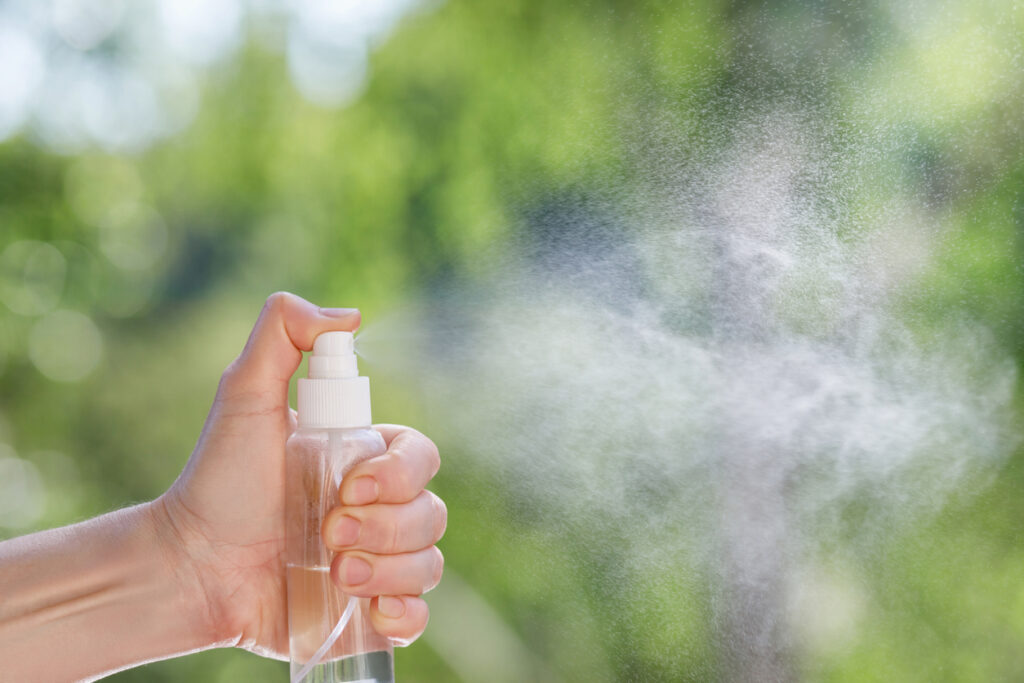
Most air fresheners contain phthalates, which are used to make scents last longer but can interfere with hormone function according to NRDC. They also release VOCs into the air, contributing to indoor air pollution and increasing the risk of respiratory problems, headaches, and dizziness. Unlike essential oils, which are natural plant extracts, artificial fragrances are made from petroleum-based chemicals, some of which have been linked to neurological issues and even cancer. A healthier alternative is to use natural air-purifying methods, such as opening windows to improve ventilation, using houseplants that filter the air, and simmering natural ingredients like cinnamon sticks and citrus peels on the stove. Source: ncdr.org
Conventional Personal Care Products
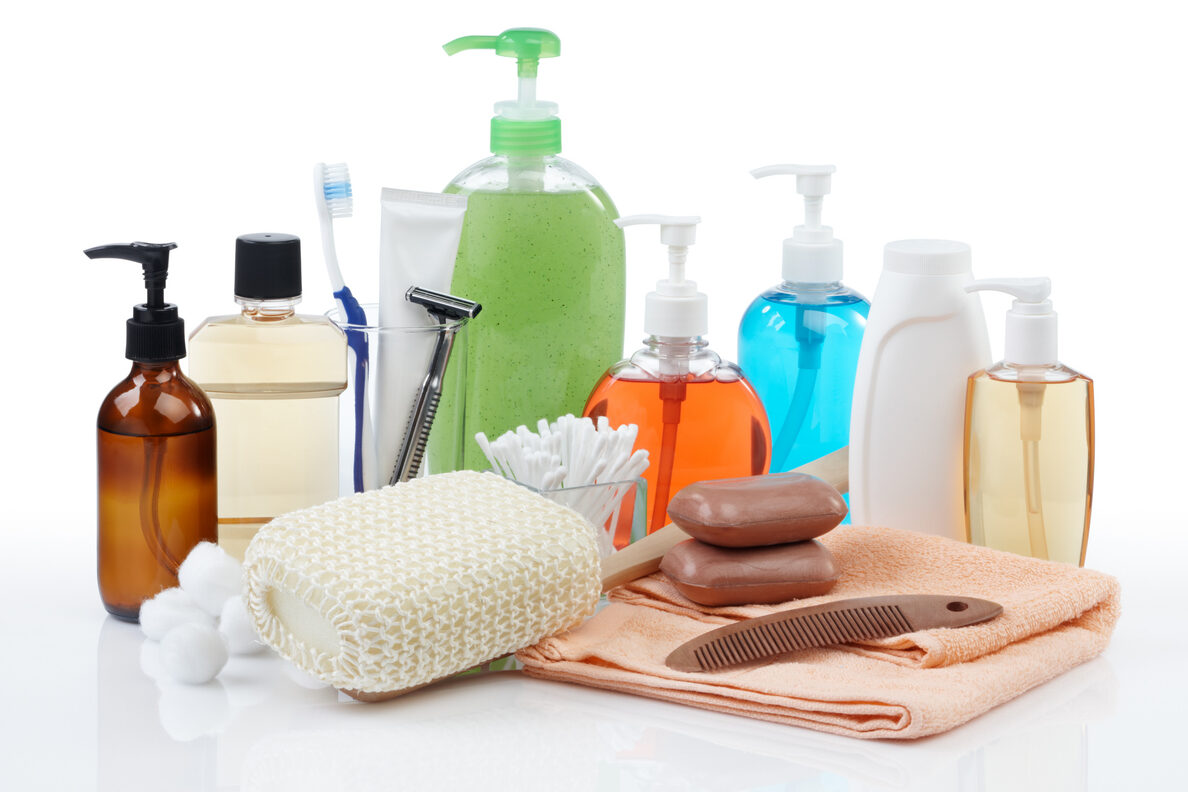
From shampoos to lotions to deodorants, personal care products are packed with chemicals that can be absorbed through the skin and into the bloodstream. Parabens, commonly used as preservatives, have been found in breast cancer tissue and are known to mimic estrogen, disrupting hormonal balance. Sulfates, which create lather in shampoos and soaps, can strip the skin and hair of natural oils, causing irritation and dryness.
Many deodorants contain aluminum, which has been linked to concerns about breast cancer and Alzheimer’s disease. Meanwhile, synthetic fragrances in perfumes and lotions can contain hundreds of undisclosed chemicals, many of which are untested for safety. Switching to organic and natural personal care products is one of the best ways to reduce daily chemical exposure. Look for brands that use simple, recognizable ingredients like coconut oil, shea butter, and essential oils. Source: skinkraft.com
Processed and Packaged Foods

Most people rely on packaged and processed foods for convenience, but these foods often contain a cocktail of preservatives, artificial flavors, and chemical additives that can wreak havoc on your health. Many packaged foods contain high-fructose corn syrup, which has been linked to obesity, diabetes, and fatty liver disease. Artificial food dyes, commonly found in snacks, candies, and sodas, have been associated with hyperactivity in children and potential carcinogenic effects. Preservatives like BHA and BHT (found in chips and cereals) can disrupt hormones and may be linked to cancer.
Opt for organic or non-GMO options when possible, as they are less likely to contain synthetic additives. Preparing meals at home using fresh ingredients ensures that you control what goes into your food. If you must buy processed snacks, choose brands with clean ingredient lists and minimal processing
Traditional Mattresses and Bedding

Your bed should be a place of rest and rejuvenation, but many mattresses and bedding materials are filled with chemicals that can compromise your health. Most conventional mattresses are made with polyurethane foam, which emits volatile organic compounds (VOCs) linked to respiratory issues and hormone disruption. To meet fire safety regulations, manufacturers often treat mattresses with flame retardants like PBDEs, which have been associated with thyroid problems, neurological disorders, and even developmental issues in children. Switching to an organic or natural mattress made from materials like natural latex, organic cotton, or wool can significantly reduce exposure to toxic chemicals. If replacing your mattress isn’t an immediate option, use an organic mattress topper to create a safer barrier between you and harmful chemicals.
Tap Water
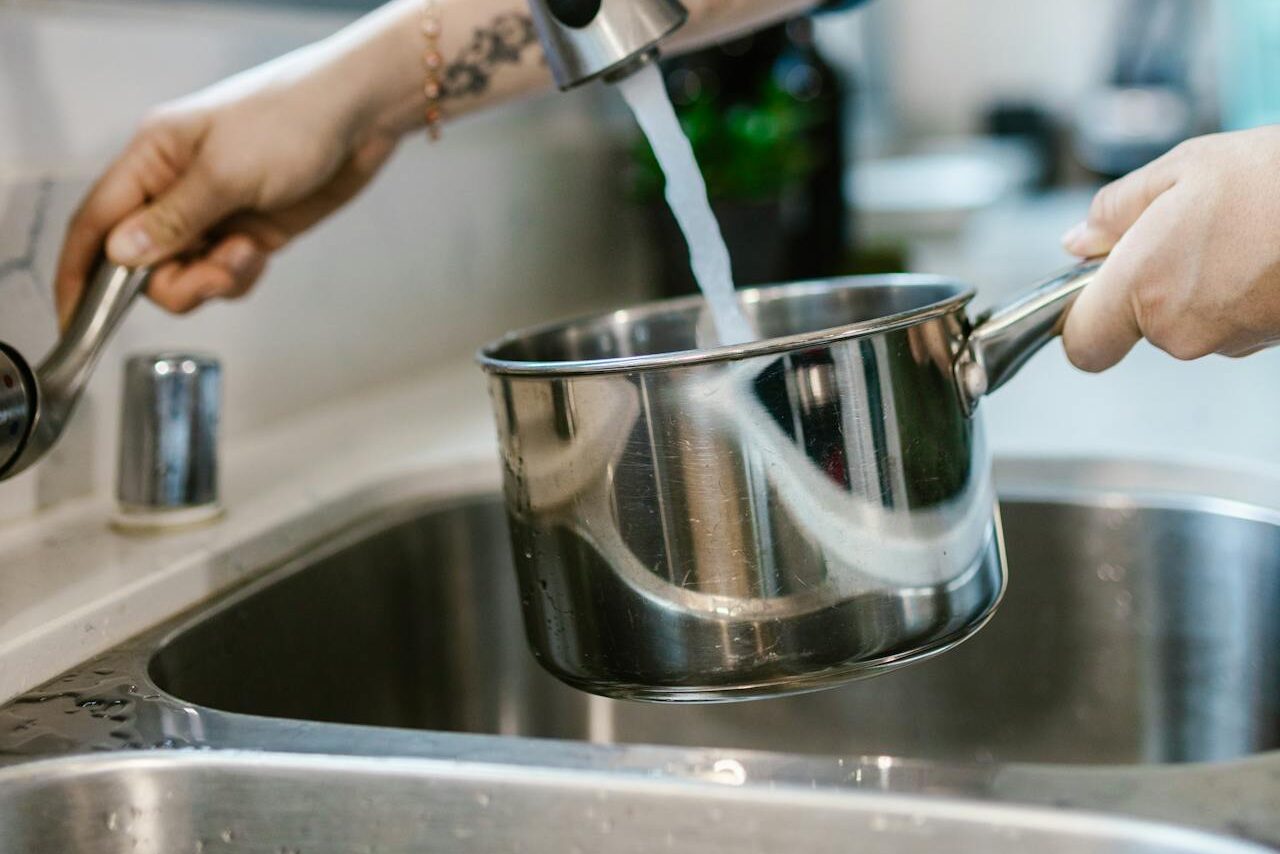
Many people assume their tap water is safe, but in reality, it often contains a mix of contaminants. Depending on where you live, your tap water may contain chlorine, fluoride, heavy metals like lead, and even traces of pharmaceutical drugs. Chlorine is used to disinfect water but can react with organic matter to form harmful byproducts called trihalomethanes (THMs), which have been linked to cancer. Fluoride, while promoted for dental health, has been controversial due to its potential effects on brain function and thyroid health. Even old pipes in older homes can leach lead into drinking water, posing a severe risk, especially to children. The best way to ensure clean drinking water is to invest in a high-quality water filtration system. Reverse osmosis filters are highly effective at removing contaminants like heavy metals, chlorine, and fluoride.
Perfumes and Fragranced Products
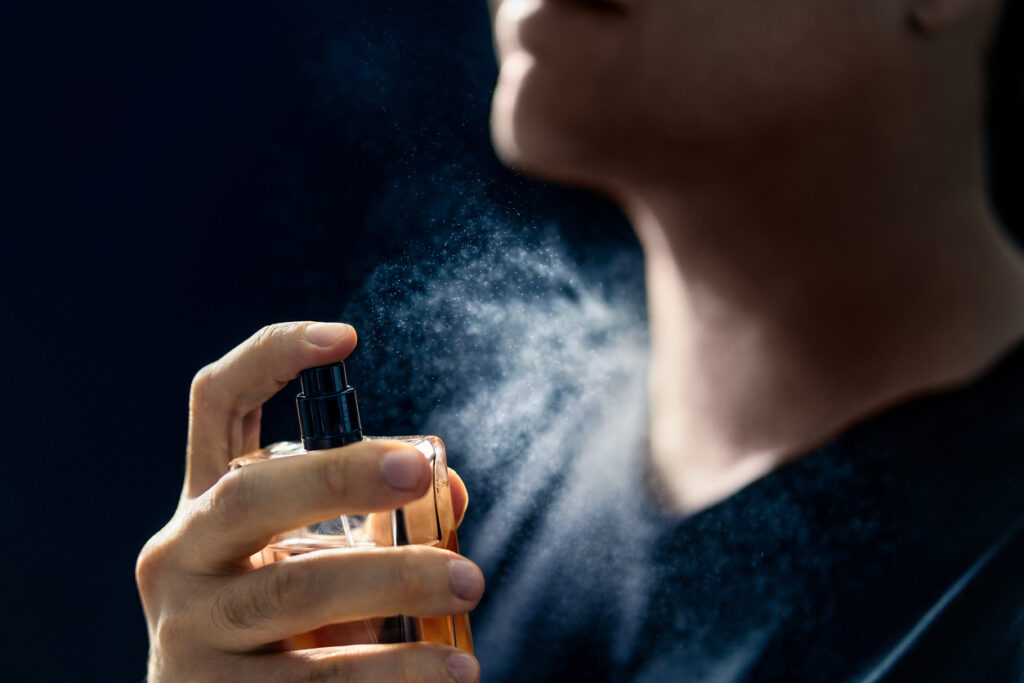
That designer perfume or scented lotion might smell amazing, but it could be exposing you to hundreds of synthetic chemicals with unknown health effects. Most fragrances contain phthalates, which help scents last longer but are also known endocrine disruptors linked to reproductive and developmental issues. Many scented products, including candles, lotions, and body sprays, also contain allergens, artificial musks, and hidden ingredients that aren’t required to be disclosed on labels. A healthier alternative is to choose products scented with pure essential oils instead of synthetic fragrances. You can even make your own perfume by blending essential oils with a carrier oil like jojoba or coconut oil.
Antibacterial Soaps and Hand Sanitizers
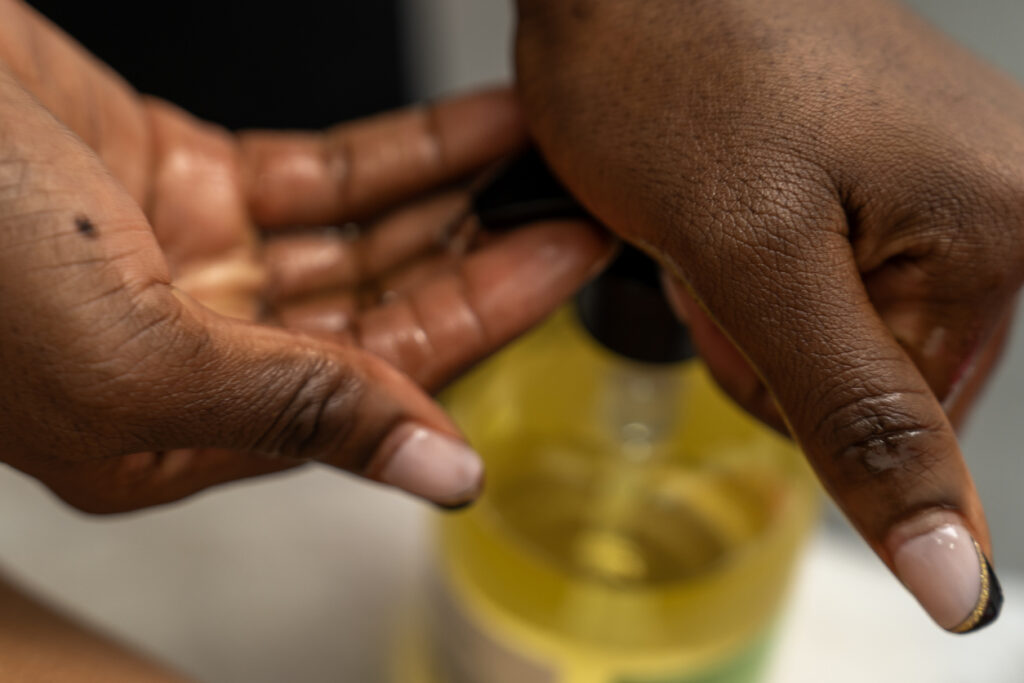
For years, antibacterial soaps and hand sanitizers have been marketed as essential for preventing illness, but many contain harmful chemicals that do more harm than good. One of the most concerning ingredients is triclosan, an antibacterial agent that has been linked to hormone disruption, antibiotic resistance, and environmental harm. Even though triclosan has been banned from some consumer products, it can still be found in certain soaps, toothpaste, and other personal care items. Plain soap and water are just as effective at removing germs without the risks associated with antibacterial chemicals. If you need a hand sanitizer, choose one made with natural ingredients like aloe vera and alcohol derived from non-toxic sources.
Sunscreens
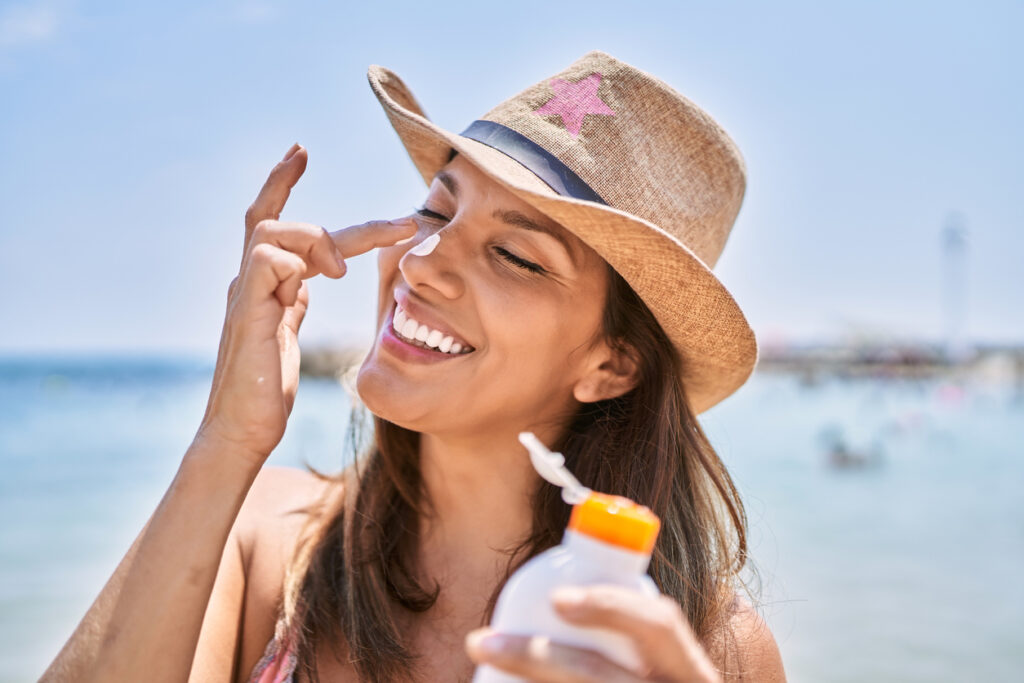
Sunscreen is essential for protecting against harmful UV rays, but many conventional sunscreens contain ingredients that may disrupt hormones and harm marine life. Chemicals like oxybenzone, octinoxate, and homosalate can be absorbed into the bloodstream, where they have been linked to endocrine disruption and allergic reactions. Oxybenzone, in particular, has been found in the blood of nearly every American tested and is known to contribute to coral reef bleaching when washed off in the ocean. Mineral-based sunscreens containing zinc oxide or titanium dioxide provide effective sun protection without harmful chemicals. These physical blockers sit on the skin’s surface rather than being absorbed into the body, making them a safer choice.
Laundry Detergents
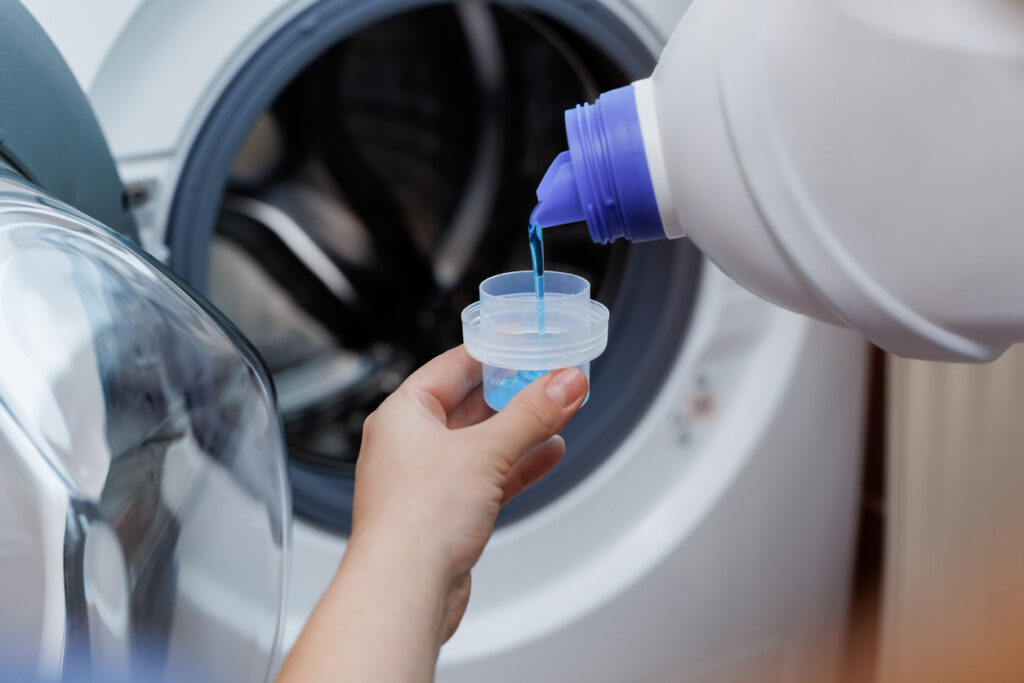
Most people don’t think twice about the detergent they use to wash their clothes, but conventional laundry detergents and fabric softeners contain lots of harmful chemicals that linger on fabrics long after the wash is done. Many detergents contain synthetic fragrances filled with phthalates, which have been linked to hormone disruption and allergic reactions. Switching to natural laundry detergents free from synthetic fragrances, dyes, and optical brighteners can protect both your skin and overall health. Wool dryer balls are another great alternative to chemical-laden dryer sheets, helping to naturally fluff clothes and speed up drying time.
Pesticide-Laden Produce
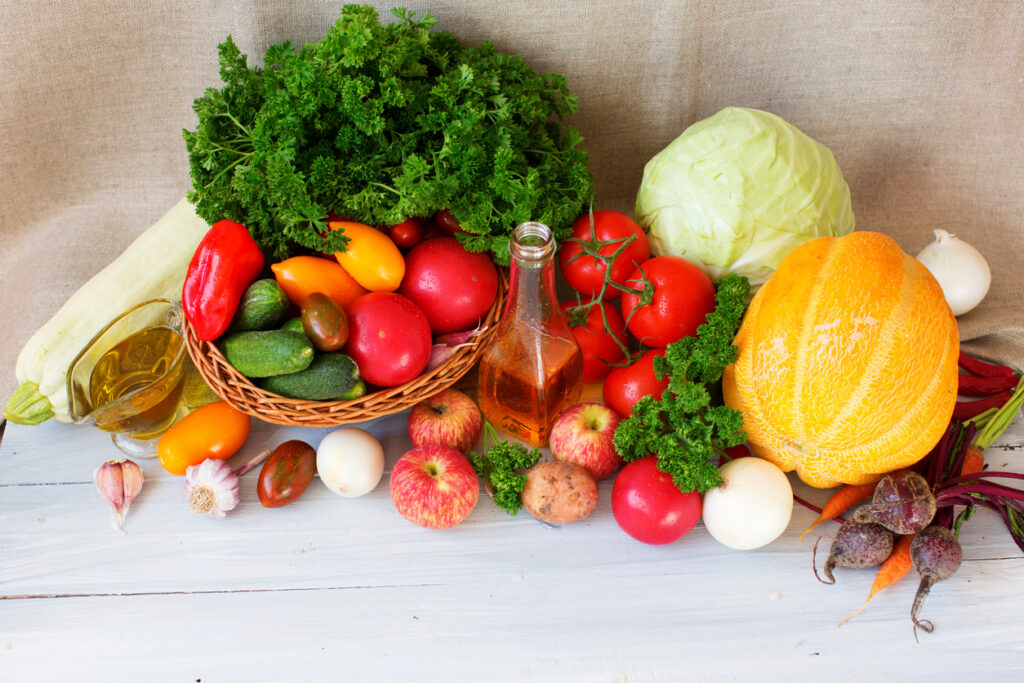
Fruits and vegetables are essential for a healthy diet, but many conventional produce items are sprayed with pesticides that can linger on their surface, even after washing. Pesticides like glyphosate (the active ingredient in Roundup) and organophosphates have been linked to cancer, neurological disorders, and hormone disruption. Studies have shown that long-term exposure to these chemicals may contribute to fertility problems, developmental delays in children, and even a weakened immune system. Thoroughly washing produce with a baking soda and water solution or using a vinegar soak can help remove some pesticide residues. Peeling fruits like apples and cucumbers can also reduce exposure to surface chemicals.


